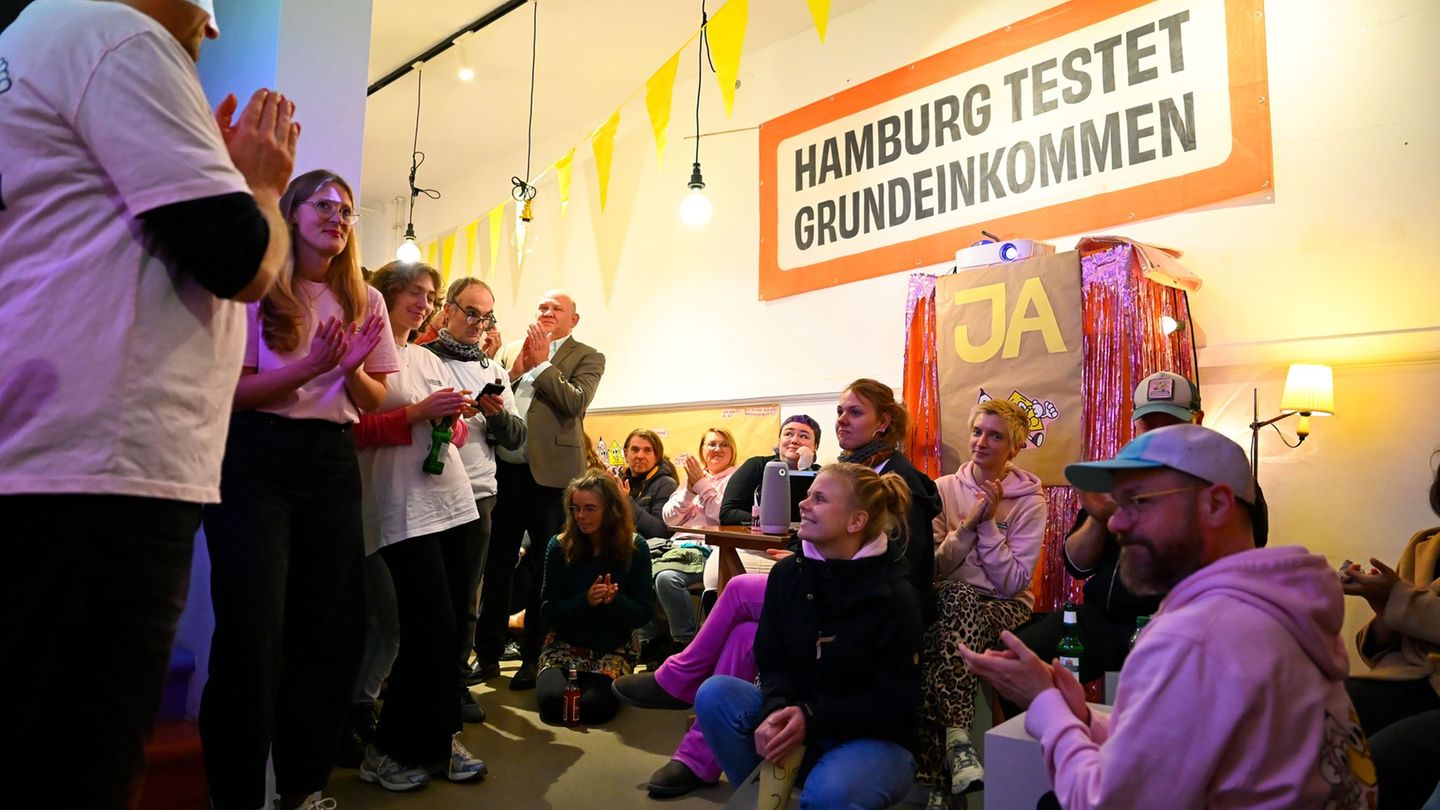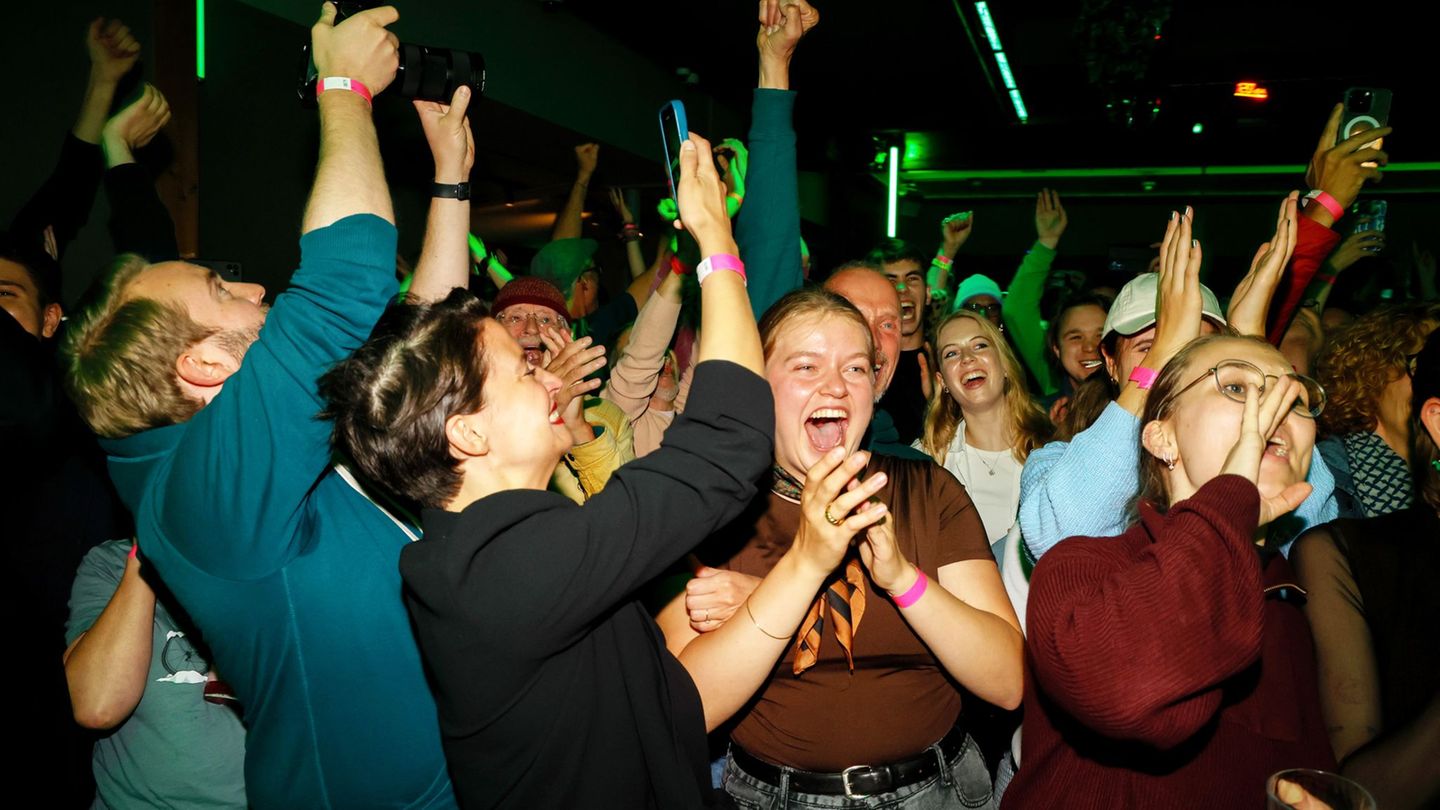“We were systemically important during the corona pandemic. We assume that we will continue to be,” says Johann Eggerth, head of Vetropack, the largest glass manufacturer in Austria with locations in Pöchlarn and Kremsmünster. Addendum to the industry talk of the industry division of the Chamber of Commerce with the OÖN: “No one from the government and E-Control spoke to us about a shutdown either.”
Eggerth does not want to name the exact energy requirement, the dimension becomes clear when he explains the key data: five furnaces run around the clock, 365 days a year. The necessary process temperature is 1550 degrees Celsius. “There is not much flexibility in our industry. Production has to run. A shutdown would mean a lead time of several weeks.” The glass would have to be completely poured off for days, otherwise the glass tanks – which are usually in continuous operation for ten years or more – are broken. The next major maintenance is planned in Kremsmünster in 2026.


Energy costs, which are 15 times higher than in 2020, have become threatening. “If these suddenly account for up to 60 percent of the manufacturing costs instead of 10 to 15 percent and you don’t pass that on, you’re dead.” According to the gas price exchange, the surcharges would be passed on to customers.
Vetropack is the largest supplier of glass to the food industry in Austria. Eggerth does not believe that the price increases that have taken place have fully reached the consumer. In the meantime, however, prices have reached a level that allows competitors from Egypt, Turkey and even the USA to supply bottles and sauce or cucumber jars to Europe at competitive prices.
Old windows as energy wasters
Completely different issues plague Internorm as the largest insulating glass manufacturer in the country. Safety glass is produced in our own hardening ovens at 600 degrees. “The glass panels are heated and quickly cooled with air, which changes their properties. The glass becomes elastic and crumbles when it breaks,” explains Stephan Kubinger, from Internorm’s parent company IFN.
Kubinger says that the family business swallowed a good part of the increase in energy prices because the fixed prices promised to house builders or renovators were kept. “And we want our dealers to survive.” Glass makes up a third of the window price.
According to Kubinger, the decline in demand is noticeable in the new construction business. However, the order situation will sometimes last until the end of March and is therefore better than in many years. Kubinger advocates more subsidies for thermal renovation. “It’s wrong to swap heating systems instead of renovating them first. Then the heaters could be made smaller.”
2.5 million residential units in Austria would need thermal renovation. With a good thermal renovation – in which the windows would be the most important approach after the top floor ceiling – three quarters of the heating energy could be saved, but there is a lack of financing.
Source: Nachrichten




